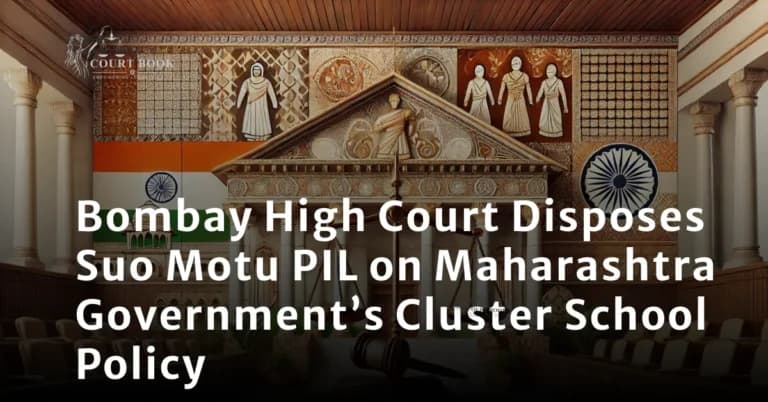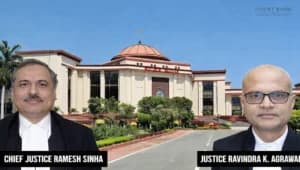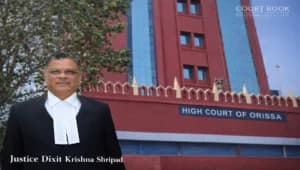The Bombay High Court, on January 29, 2025, disposed of a suo motu Public Interest Litigation (PIL) concerning the Maharashtra State Government’s proposed 'Cluster School Policy.' The case was initiated based on media reports indicating the government’s intent to merge smaller schools with larger institutions in nearby areas to improve educational standards.
A division bench comprising Chief Justice Alok Aradhe and Justice Bharati Dangre noted that during previous hearings, the Advocate General had clarified that the government was still in the process of gathering information and had not yet finalized any policy decision. Advocate General Birendra Saraf reiterated this stance, emphasizing that the PIL was initiated under the misconception that the policy had already been implemented.
Read Also - Supreme Court Directs Central Government to Enact Law Protecting Domestic Workers’ Rights
"No policy decision has been taken as of now by the State Government," stated Advocate General Birendra Saraf before the court.
Recognizing this clarification, the court concluded that keeping the PIL pending would serve no purpose. Consequently, the PIL was dismissed, but the court left it open for the government to take any policy decision in the future. It also granted liberty to challenge the policy if and when it is enacted.
Background of the PIL
The PIL was registered suo motu after several newspapers, including Hindustan Times, Sunday Times of India, and Daily Sakal, reported on September 24 and 25, 2023, about the government's plan to implement the Cluster School Policy. These reports suggested that around 15,000 smaller schools could be closed and merged with larger institutions.
"A detailed action plan was expected to be announced by the State Education Commissioner, causing significant unrest due to concerns over school closures," noted the court.
Following this, on December 7, 2023, the court appointed senior advocate Mr. Navroz Seervai as Amicus Curiae to assist in the matter.
Court's Decision and Observations
On January 22, 2024, the Advocate General presented a statement affirming that no policy had been formally decided upon. Reaffirming this stance on January 29, 2025, the court acknowledged that the matter did not require further deliberation at this stage.
"It would be open to the State Government to take such policy decisions as it may deem fit. However, liberty is also required to be reserved for any person who may feel aggrieved to challenge the policy when enacted," the court stated.
The bench also extended appreciation for the assistance provided by the Amicus Curiae in the case.















